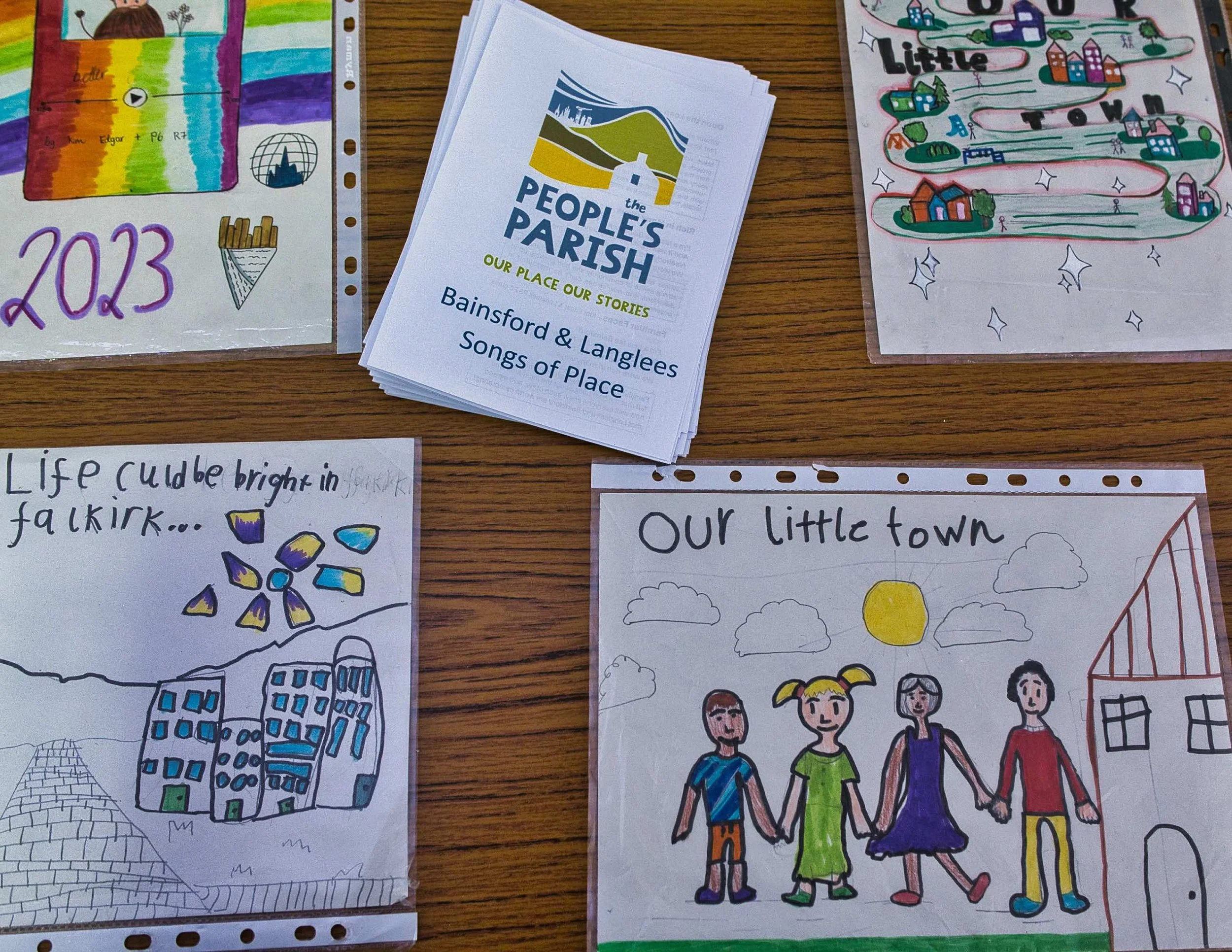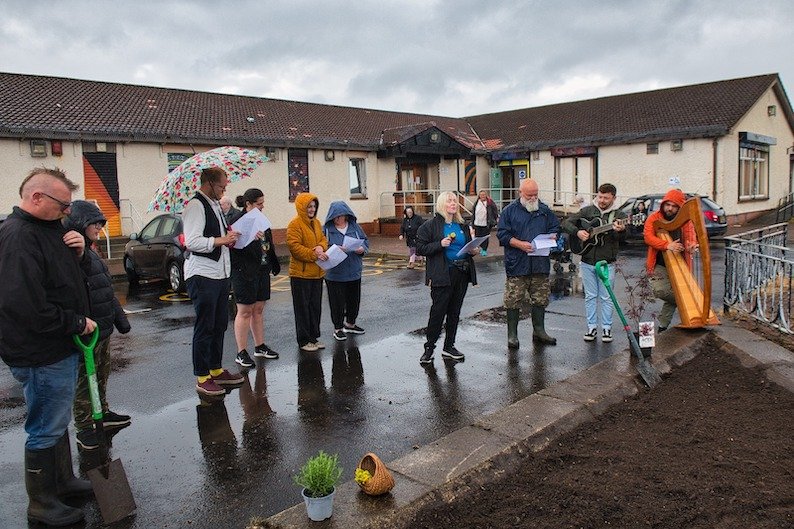About People’s Parish
WHY THE 'PARISH'?
The scale of the civil parish is offered here not in a prescriptive sense, but as a useful starting point to describe the scale at which people feel a sense of familiarity, ownership, belonging and a sense of place. The environmental charity Common Ground suggests that the word parish implies 'people and place together.'
The origins and other uses of the word are relevant too. For many, the word may have ecclesiastical associations, but the parish is also an area of civic concern and local democracy. Historically, the parish was the unit of government in Scotland right up until 1930 and the civil parish boundaries are still used by the Census as a way of classifying and comparing information. You can find your parish here.
The origin of the word ‘parish’ is Greek – para, ‘beside’ and oikos, ‘the household’, indicating that area that is within reach and 'close to home.' The terms ‘ecology’ and ‘economy’ also come from the same root - both concepts of large scope which suggest that the idea of the parish need not be inward-looking and bounded. William Blake invites us to ‘see the world in a grain of sand’, and in that sense, the life of the parish can refract and distil wider concerns.
HISTORY
In 2021-22, The People’s Parish worked in 9 different communities across Scotland through the support of Culture Collective, a network of 26 participatory arts projects, shaped by local communities alongside artists and creative organisations. Culture Collective was funded by the Scottish Government’s emergency COVID-19 support for the arts through Creative Scotland. People’s Parish continues on today as a key part of TRACS’ public programme, bringing practices around the safeguarding of living heritage to the local level. New projects will launch in 2026, made possible through the support of Creative Scotland’s Multi-Year Funding Programme.
THE PEOPLE'S PARISH AIMS
CELEBRATE living heritage across Scotland
ENGAGE community members and foster new connections
STRENGTHEN community confidence and encourage participation in community life
SAFEGUARD local knowledge songs, stories, dances, traditions, histories and fictions by equipping communities with the skills to document, practice, and protect them.
_______________________________________________________________________________________________________________________________________________
Any questions? Want to know more?
Contact Alexis Stroemer at alexis@tracscotland.org



